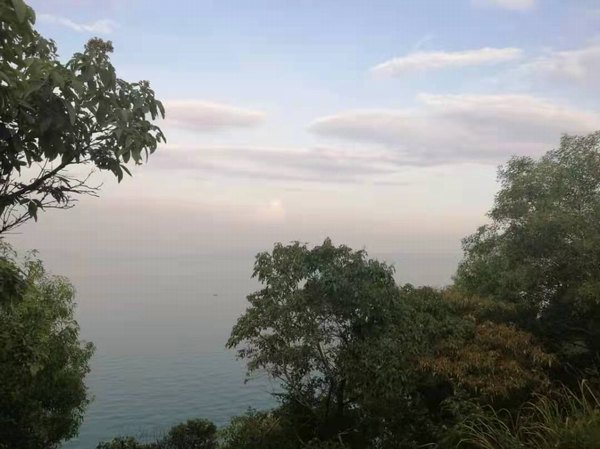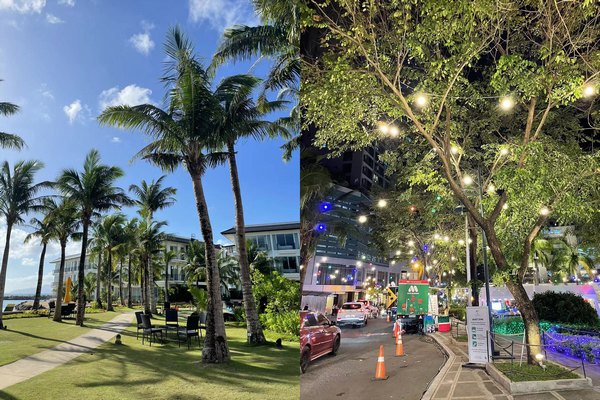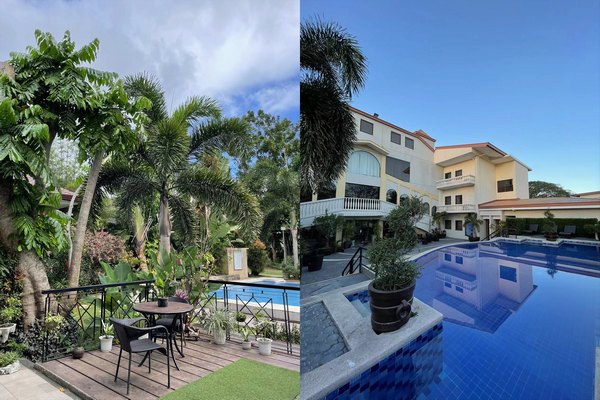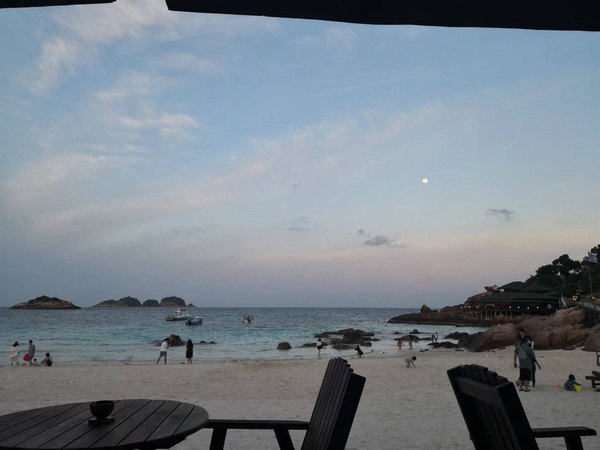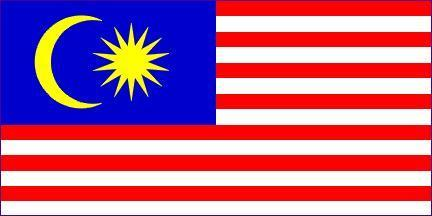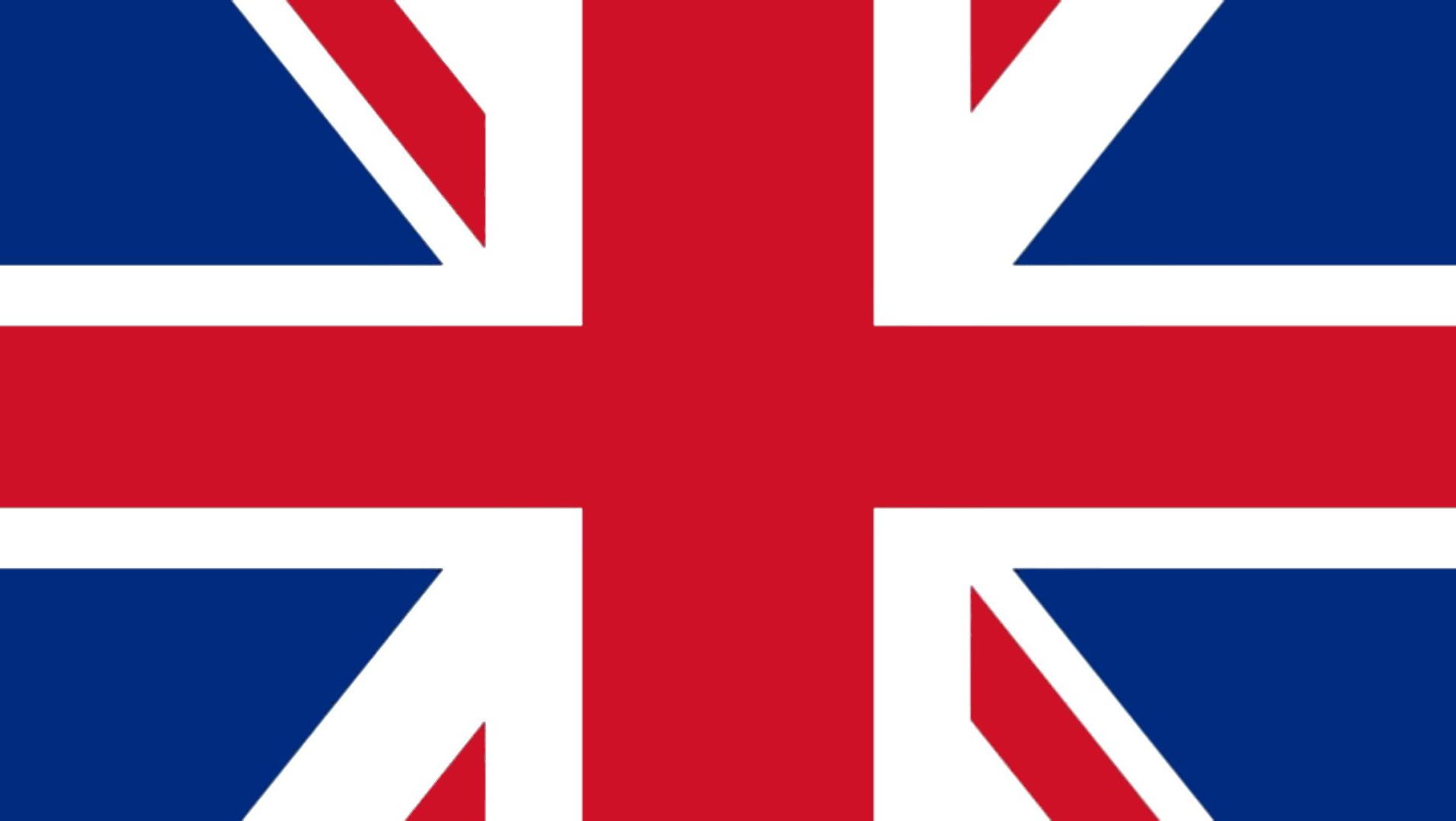雅思口语考试分为三个部分,其中part1作为考试的开场,主要涉及的就是考生的个人信息介绍等,比如你居住的地方在哪里是怎么样的,你喜欢或擅长什么等,相对后面的问答来说是比较简单的。不过这一部分大家也还是要用心的去准备一下,不要过于口语化 ,尽量回答客观且有逻辑,不要想到什么说什么。雅思口语part1必考话题比较常见,比如在part1部分考官很可能会问你是哪里人,居住的地方怎么样此类的问题,那么面对此类问题我们怎么回答比较好呢。今天小编就给大家带来了雅思口语话题答案live的相关内容,感兴趣的小伙伴快往下看看吧!

一、雅思口语题库及答案live
Question:Where do you live?
Answer :I live with my parents here in Shenyang at the moment. To be more exact, we live in an apartment in one of the northern suburbs of the city. I have my own room and enjoy the privacy it brings, but I am looking forward to the day that I can have my own apartment. Allow me to explain: they are good parents, and I love them very much, but I would like to be more independent soon.
二、雅思口语Part 1新题及参考答案
Topic 1 Computer
1.How often do you use your computer?
I use my computer every day, for browsing news, making purchase online, as well as for downloading learning apps.
2.What kinds of computers are popular in China?
I guess maybe office computers and laptops. For brand,I believe apple-brand computers take up the most market share among Chinese people.
3.Who taught you how to use a computer?
Actually I'm a self-taught computer learner, but I first learned computer with the help of my high school teacher Mr. Thompson,from Britain.
4.Do you think computers have changed your life a lot?
No doubt. Computers have largely facilitated our lifeas we don't have to worry about abhorrent calculations, and online shopping as well as friend-making software have benefitted us quite a lot.
Topic 2 Park/Garden
1.Are public gardens very important in China?
I assume yes. Public gardens may help to purify the air as well as provide us with a good place to stroll in. After tiring work or study, we feel at ease in the garden with all kinds of flowers in the eyesight. Also the garden is a symbol of local "green-belts".
2.Do you think there are enough public gardens in your hometown?
I guess yes, but there is no garden nearby my house. I wish there were more.
3.What do you think are the benefits of having gardens in the city?
Well, I would say, they beautify the city and enhance tourism by attracting visitors. What's more, they are often where couplesflirt.
4.Do gardens play the same role for old people and young people?
I don't think so. Old people tend to walk in the garden to kill time or loneliness, while for young people, the garden is a cosy place for them to talk about love. Anyway, the garden is a nice place for all ages of people to relax and to read.
5.Do you think gardens have any value for children?
For children, the garden is a childhood memory cos when they grow up and recall the past, they at least share something in common that they experienced all together.
6.Which do you think is more important, public gardens or private gardens?
Public gardens, of course, since public gardens are well-constructed with various public facilities. A boisterous but good-natured crowd may have fun together.
Or: Private gardens of course, cos we grow plants anytime available to build up our own independent space.
Topic 3 Science
1.Do you like science?
I do, science is the pillar of economic development and it's against superstition.
2.Are there many science museums in your hometown?
I guess yes, like the Beijing Science and Technology Museum.
3.Did you like science classes when you were young?
I did, although they were kind'a demanding for me. I learned the mysteries of the world through science classes.
4.Do you think school children should learn both art classes and science classes?
Well, that depends. It's hard to say cos for students who have an extremely keen interest in a certain subject that they also excel at, I don't think it's necessary to learn both; but for those who don't show a particular preference, maybe it's better to integrate art classes with science classes.
Topic 4 Handcrafts
1.Do you like to collect things made by hand?
I do, like puppets
2.Did you ever take handcrafts lessons at school?
I remember I did, but only few, about paper-cut.
3.Are handcrafts popular in China?
Certainly. Handcrafts are the traditional Chinese culture as we often send handmade gifts to our friends as a custom, such as paper-cuts and embroidery.
4.Do you think children should learn more about handcrafts?
In China, yes. Making handcrafts may exercise children's imagination and creativity since they are at the age to learn new things.
Topic 5 Study Efficiency
1.Do you prefer to study in the morning or in the evening?
I prefer to study in the morning cos my mind is active after a good rest at night. We have the old saying: the best season during a day is the morning.
2.Why do some people find it difficult to focus in the morning?
I reckon because they don't have a good rest, say they stayed up late the night before. Some people have really irregular timetables.
3.What do you do to improve learning efficiency?
I would say, to integrate work with leisure, have a clear division of work and rest by making a clear schedule. Keeping a good mood also matters a lot.
三、雅思口语考试之Part1答题技巧
1、中国类题目概述
所谓中国类题目,是指题目中涉及到中国或中国人的题目。例如,How do Chinese people spend their holiday? 由于考官大都比较关心中国的情况,所以这类题目出现的频率很高。因此,分析解答这类题的技巧就显得十分必要。回答时需要运用分类法,不能以偏概全。
2、如何分类
我们已经知道,回答中国类的题目应该运用分类法。但是,中国人口众多,我们应该如何分类呢?根据不同情况,我们可以从以下三个角度进行分类:
(1)按年轻人和老年人分类
我们来看一道题目:What’s the most popular music in China? 这道题目显然不能只讲自己喜欢的音乐,也不宜只提供一种音乐类型。我们都知道,年轻人和老年人喜欢的音乐类型可能完全不同,因此我们可以这样回答:
For most young people, they like rock or pop music. But for most old people, they like opera or folk music.
(2)按男人和女人分类
再来看一道题目:What’s the most popular sport in China? 这道题如果只讲自己喜欢的运动,则显得太主观,且不够全面。对于运动,男人和女人的喜好稍有不同,因此我们可以依次进行分类:
For most men, they like basketball or football. But for most women, they like table tennis or badminton.
(3)按大人和小孩分类
雅思口语Part1中有这样一题:Do Chinese people like to celebrate birthday?对于喜不喜欢过生日,大人和小孩各有不同,因此我们可以这样回答:
For children, birthday is everything, and they enjoy celebrating it. But for some adults, they think birthday is just a normal day and don’t like to celebrate it any more.
3、如何对比
我们注意到,用分类法回答中国类的题目时,需要将两类人进行对比。对比的方法有很多种,最简单但最有效的方法就是使用对比句型。我们先来看一些对比句型:
a) A…, but B….
b) While A is…, B is ….
c) On one hand, A….. On the other hand, B….
d) A…. On the contrary, B….
e) A…. In contrast, B….
f) A…. However, B….
掌握以上对比句型,可以帮助大家在回答对比类的题目时更有结构性,也更容易拿高分。
4、如何引入对比
直接说出分类中的对比,不免有些唐突,加上一句引入语能使回答听起来更加自然。下面是一些可以用来引入对比的句子:
a) Well, it depends.
b) I think it all depends.
c) Well, choices are divided.
d) You know, China has a large population, so we cannot be too generalized.
e) There is a difference in preference between A and B.
f) It may sound too absolute if I don’t go into classification.
雅思口语Part1中有这样一题:Do Chinese people like changing their names?同样地,不同人有不同的喜好,因此我们可以这样回答:
I think it all depends. Most people in China don’t like changing their names. However, some of them prefer doing that.
四、雅思口语如何提高
雅思口语部分的话题非常的多,因此想要在口语中获得好的分数,雅思口语找到一个专业的外教进行练习还是很有必要的。分享一下我在用的app:留小留,可以随时和世界各地的Native Speaker进行一对一的口语对练,里面有很多专业的雅思外教可以选择,而且还有前雅思高级考官,强烈建议考试前跟雅思考官模拟测试一下。这个软件用起来就跟打微信语音/视频电话一样,质量很清晰。这个是最让我感到意外且性价比超级高的一个APP了。我长期练习的一个外教陪练是英国的Leila,她不仅口音纯正,而且人超级nice,她本人还是一个摄影师,我也经常跟她交流摄影方面的技巧。
不过大家在跟外国人练习雅思口语的时候,我有2个建议:1是提前准备一个话题,带着话题去跟他们练习能让你学到很多地道的表达;2.是不一定非要选择欧美的老外,像有些南非、菲律宾的也很专业,练习口语也不错.
我们精心为大家整理的《雅思口语题库及答案live 雅思口语Part1新题及参考答案》文章不知道大家满不满意,如果大家想了解更多语言培训相关的信息,请关注语言培训栏目。
本文来源:
https://www.dsxliuxue.com/news/75276.html


